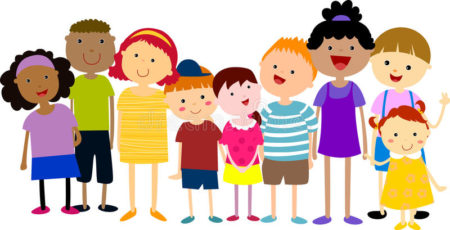Hey everyone...
A. My reading was by Tatum and is an excerpt from their book called "Why are all the black kids sitting together in the cafeteria".
B. When I was reading this excerpt, I was immediately drawn to the concept of political socialization. I had not thought about it since taking AP US Government and Politics my senior year. It is a process where people gain their beliefs, values, and attitudes towards government from others, starting at a young age. This kind of process is what Tatum discusses, just with race/differences. I found this fascinating as I had not realized before that political socialization could be so similar to other "socialization" processes in the world today. I'm including a hyperlink regarding political socialization incase anyone would like to see the comparison.{ Political Socialization }. I believe that knowing the similarities and just how common socialization is in our society can help people become more aware of their impacts on others, especially young impressionable kids who learn political ideology from their parents (without their parents even realizing sometimes.) This connects to Precious Knowledge in that, if people were only more educated on these matters would they see the importance of diversity and how exciting different cultures can be.
C. The point I'd like to leave with the class is that, in my opinion, people need to think through their words and who their speaking to, and especially, around, before discussing serious social justice issues. People don't realize just how impressionable younger generations are and their need to come to their own in beliefs, attitudes, and ideologies. Socialization is important to lay a ground work for younger gens, but a groundwork is not "an entire building". Younger gens need to get the full picture from the get-go so they can come to their own without fanning ignorance due to lack of proper education on seriously important matters of social justice initiatives in today's world.



